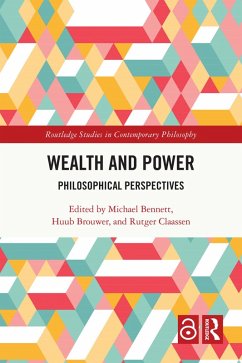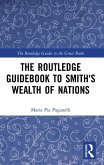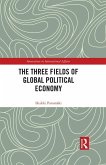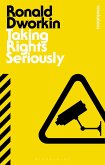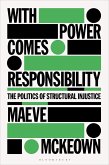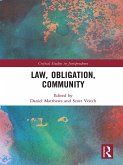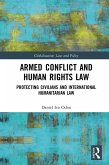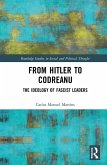Is political equality viable when a capitalist economy unequally distributes private property? This book examines the nexus between wealth and politics and asks how institutions and citizens should respond to it.
Theories of democracy and property have often ignored the ways in which the rich attempt to convert their wealth into political power, implicitly assuming that politics is isolated from economic forces. This book brings the moral and political links between wealth and power into clear focus. The chapters are divided into three thematic sections. Part I analyses wealth and politics from the perspective of various political traditions, such as liberalism, republicanism, anarchism, and Marxism. Part II addresses the economic sphere, and looks at the political influence of corporations, philanthropists, and commons-based organisations. Finally, Part III turns to the political sphere and looks at the role of political parties and constitutions, and phenomena such as corruption and lobbying.
Wealth and Power: Philosophical Perspectives will be of interest to scholars and advanced students working in political philosophy, political science, economics, and law.
Theories of democracy and property have often ignored the ways in which the rich attempt to convert their wealth into political power, implicitly assuming that politics is isolated from economic forces. This book brings the moral and political links between wealth and power into clear focus. The chapters are divided into three thematic sections. Part I analyses wealth and politics from the perspective of various political traditions, such as liberalism, republicanism, anarchism, and Marxism. Part II addresses the economic sphere, and looks at the political influence of corporations, philanthropists, and commons-based organisations. Finally, Part III turns to the political sphere and looks at the role of political parties and constitutions, and phenomena such as corruption and lobbying.
Wealth and Power: Philosophical Perspectives will be of interest to scholars and advanced students working in political philosophy, political science, economics, and law.
Dieser Download kann aus rechtlichen Gründen nur mit Rechnungsadresse in A, B, BG, CY, CZ, D, DK, EW, E, FIN, F, GR, HR, H, IRL, I, LT, L, LR, M, NL, PL, P, R, S, SLO, SK ausgeliefert werden.

